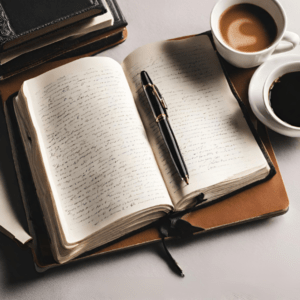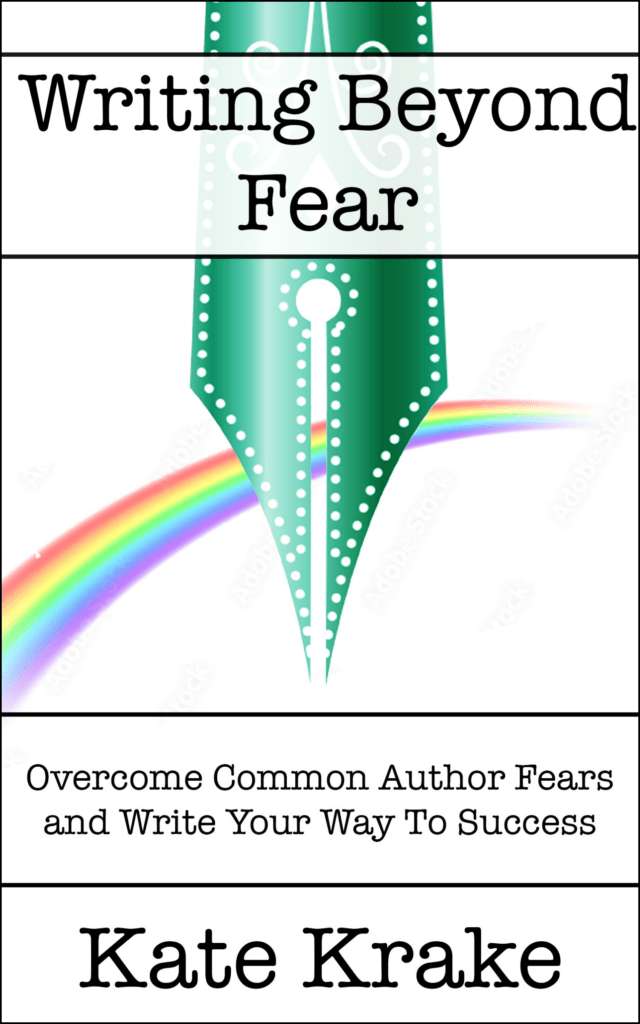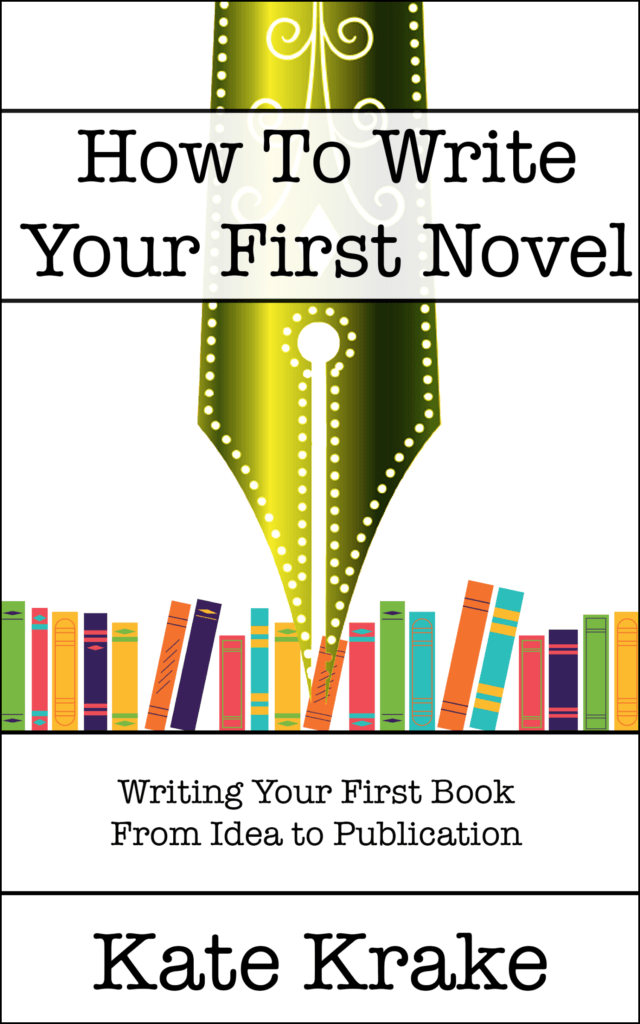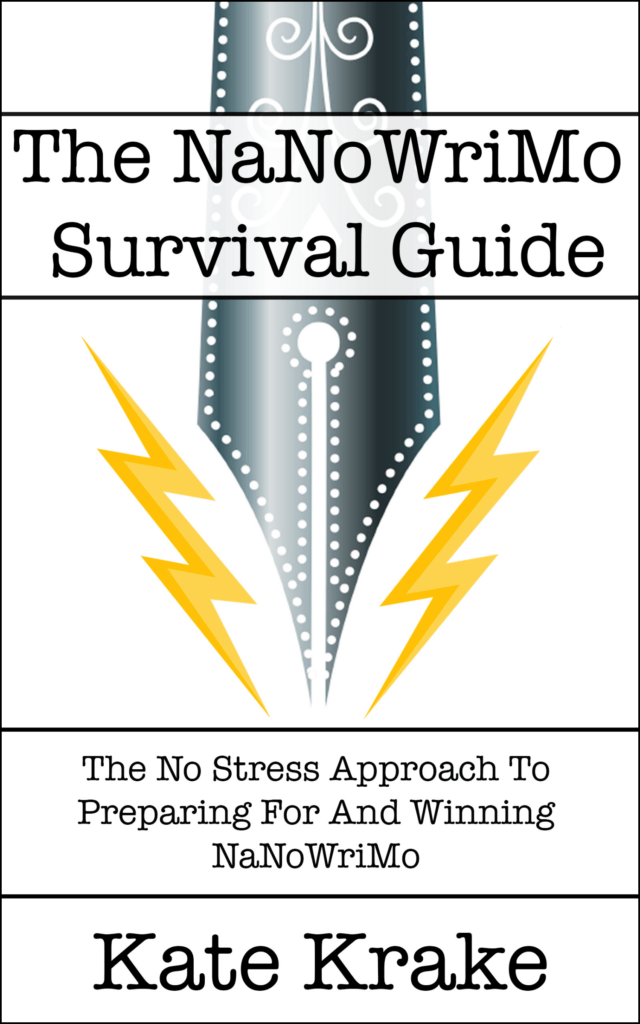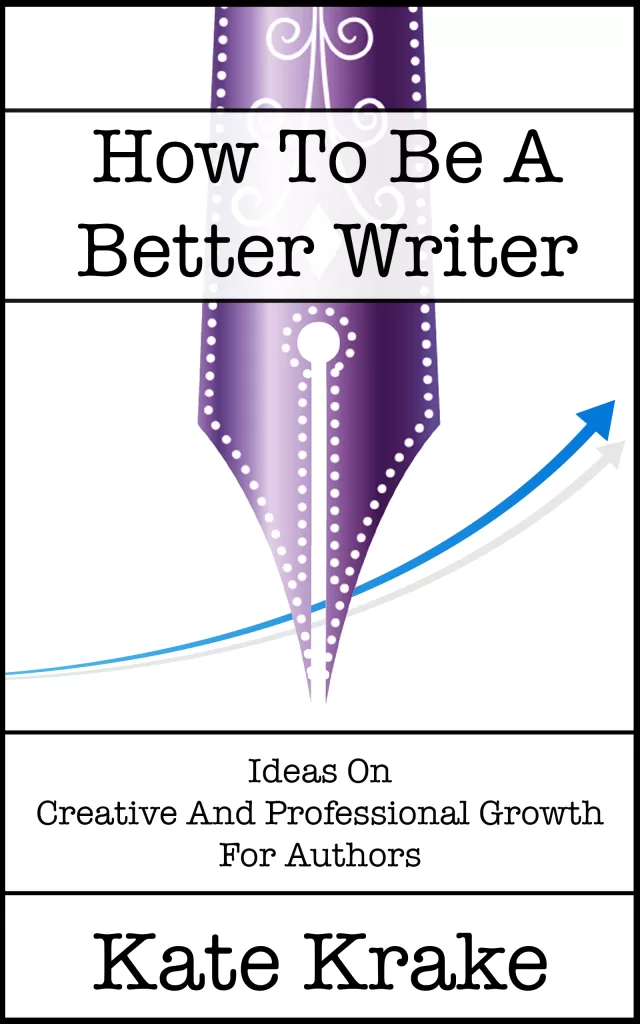Journaling for writers? Don’t writers already write? How can journaling help us when we already write so much?
If I had to give just one suggestion on a practice writers do to improve their overall author life, it’s to journal.
I made this suggestion to a writer friend recently. She was saying it feels like she has too many thoughts, and all the day-to-day stresses were jumbling up any creative thoughts lurking in the mire.
“Try journaling it all out,” I said. “That’s what I do when I feel exactly the same way.”
“I don’t know how to journal,” she said.
This struck me as really weird. How can someone not know how to journal? Maybe because I’ve been keeping a journal in some way or other since I was about eight years old. Maybe because so many writers I know both in person and those I know of at a distance, swear by journaling as a creative practice and mental health balm.
My friend explained she didn’t see the point in writing what she was doing, and every time she tried, it felt stilted, like she was writing a To Do list in reverse.
“Sounds like your trying to write a diary.” I said. “Journaling is different.”
What’s The Difference Between A Journal and A Diary
For some, the distinction between diary writing and journaling is only a matter of a different word. I see a slight difference in that a diary is more like a log book, a recording of events. A journal is more of a free form exploration of the inner workings of your head.
I keep a journal, a notebook to unpack my thoughts in long form handwriting. I also keep a “Bullet Journal” a notebook diary full of to do lists, plans, and schedules. Both of them are “journals” but they couldn’t be more different.
You could combine the two, journaling and planning during the same practice, logging events and exploring your thoughts and feelings about them.
Journaling For Writers – How To Do It
There’s no right or wrong way to keep a journal.
Some write in a journal every day, others when they feel the need. I’m in the latter group.
Some write first thing in the morning, making Morning Pages part of their daily creative practice. Others scribble away at night. That’s me. I have to start before I get too tired though, otherwise my thoughts are too sluggish to unpack properly.
Some write by hand, others on the computer. I’ve got something to say about that choice coming up.
While there’s a myriad of ways to keep a journal and all kinds of motivations to do so, the results are generally the same….
We journal to unravel our thoughts, to find clarity, and get in tune with our intuition.
Take up a new notebook, preferably something pretty. Yes, I just gave you permission to buy a new notebook. You’re welcome.
Take up a pen, something comfortable. I find free flowing ink works best, so long as it dries fast.
Date the page.
Write.
It doesn’t matter how you start.
What to Write in Your Journal
Write anything you want. If you can’t think of anything to write, start by writing just that.
I tend to sit with my journal when I’ve got something specific troubling me. I’ll start out the entry as if I was sitting with a friend. “So, this happened and I don’t know what to think…” “I’m not sure what I should do about….” “I’m worried….” “I’m thrilled….”
Free write as the thoughts come to you and go through them as you need.
Journaling for Writers of Fiction
Journaling is an excellent tool to figure out what’s happening in your work in progress. If something isn’t working or you’re not sure what to write next, take up your journal.
Write:
“This character isn’t working because…..” And then free write any solution you can think of.
“I don’t know what to write next.”
“This story is hard for me to write because….”
“[Character] needs to see the intruder in the next scene, but how do I make it less obvious?”
In free writing your answers, you’re brainstorming solutions. You might not get it right first go, but you’re getting a lot of mental clutter out of the way, always moving closer.
Why Date The Journal Page?
Not all journal writers date their entries, but it’s a habit I’ve gotten into over the years. When I go back through my journals – something I only do once in a blue moon – the date provides context. I like to compare entries from a year apart and see the patterns of thought changing, or not changing if that’s the case.
Typing vs. Handwriting a Journal
Of all the people I know who are into journaling, only one journals on a computer. There’s something about handwriting and brain connection that allows the thoughts easier access onto the page. It could be the physical action of forming each letter, it could be because hand writing is how most of us learn to express through the written word. For me, it’s also because I adore a fine pen and a beautiful notebook; it feels like a ritual distinct from the thousands of words I put into my laptop every day.
Get your journaling done in the way that feels best to you, pen, computer, tablet, whatever.
Do I Have To Write Morning Pages?
If you haven’t heard about Morning Pages, read Julia Cameron’s The Artists Way. For now, here’s a quick overview.
Morning Pages are a practice where every morning, soon after you wake up, you hand write three pages of free writing anything. It gets all the niggling thoughts out of the way, the to do lists, the worries, before the day starts. Once you’ve downloaded these thoughts, you get into the day lighter, with more room for creative thinking.
I love the concept of Morning Pages, but despite doing it diligently at different times in my life, I have not yet made it work for me. These days I’m thinking it might never work for me. Mornings for me are my peak writing time, my brain is fresh and all that lovely subconscious machinations that dreaming brings are just there waiting to go onto the page. I wrote the most and at my best in the morning, but with kids, my morning writing sessions are limited. I don’t enjoy spending twenty minutes of that time free writing.
While I find it almost impossible to do any of my formal writing, fiction or non-fiction, at night, night is where I do my best journaling. If I had more time in the mornings, I might adopt Morning Pages, but for now, Night Pages work well for me.
Try Morning Pages, and try it consistently for a few weeks. See what happens. If you get nothing out of it, or don’t enjoy it, try Night Pages.
What Journaling Can Teach A Writer
There are no limits to what a journaling practice can teach a writer.
By journaling, you learn a daily (or regular) writing habit. You learn to express yourself, unguarded, in the written form. You learn what you think and feel. What? I already know what I think and feel. Maybe so, but give journaling a try and see what else you think and feel. What YOU really think and feel, and what other people might have been telling you to think or feel. This is an excellent process to deal with advice overload, that feeling when you’re exposed to so much excellent information, and it all makes sense, but you’re just not sure which way to proceed.
What are the common themes that keep coming up in your entries? What insights can you glean from these patterns?
Many years ago, a common theme in my journaling was how much alcohol I was consuming. I would write often and at length about regret and frustration at my over consumption, and promises and plans to “cut down.” I haven’t had a drink in about eight years now. No, journaling didn’t specifically cause me to quit drinking, but it helped me realize I wasn’t happy with my habits.
These days, the most common theme in my journal is anxieties about my work. This helps me to understand where my uncertainties are, and helps me to figure out the right choices to make, the right projects to pursue.
Journaling is a practice I prescribe for almost every part of the creative writing life, from craft issues, mindset setbacks, and creative expression and exploration.
If you’re curious about journaling, get to the page, try it out, and see what you think.

